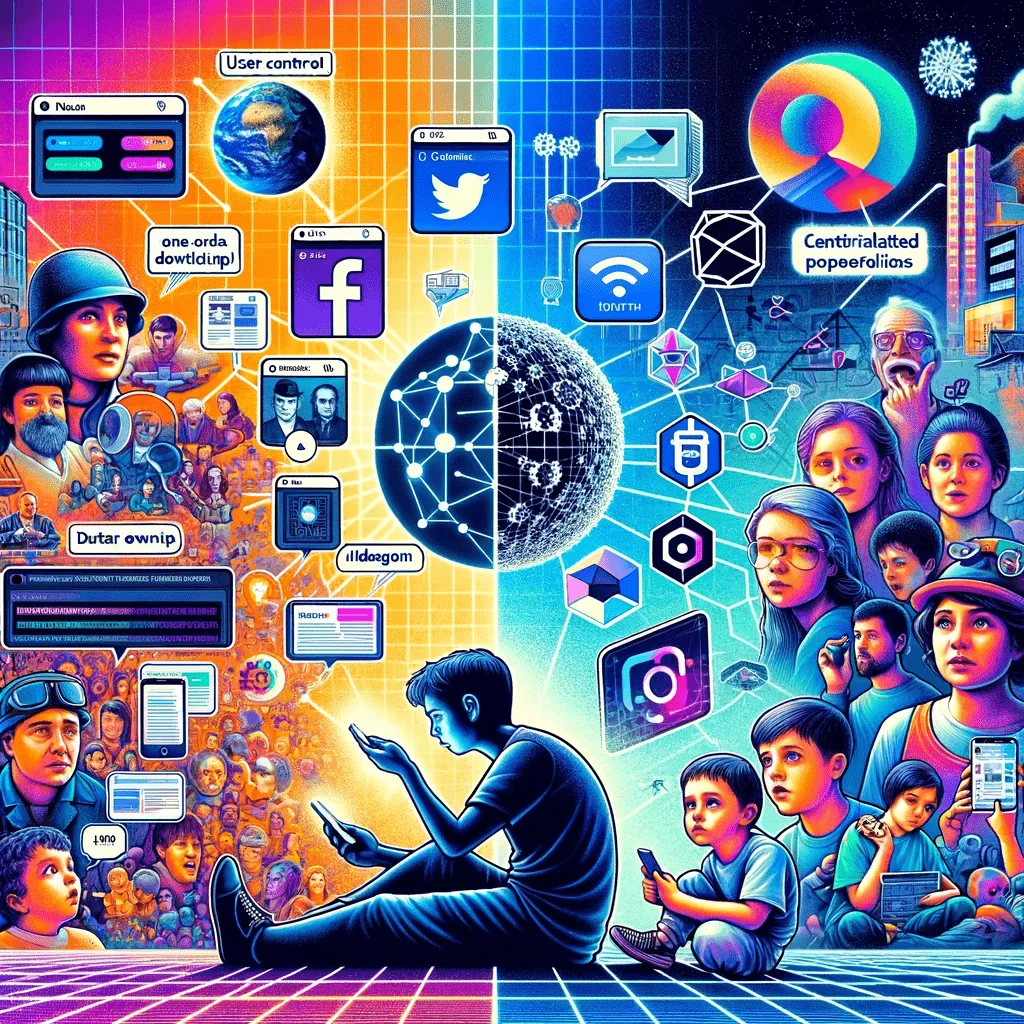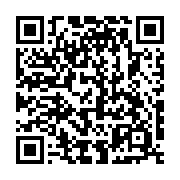The early days of the internet were marked by a sense of freedom and innovation. Platforms like Twitter, founded by Jack Dorsey and others, were initially open-source ecosystems where developers could contribute, leading to features like hashtags and trending topics. This era was characterized by decentralized protocols, like email, allowing for diverse applications and innovation.
However, as platforms like Facebook, Twitter, and Google grew, they started organizing this vast information, turning social media into centralized repositories. This shift was efficient but led to the accumulation of power in the hands of a few companies, creating ‘walled gardens’ where user data became a commodity for advertising revenue.
“The digital revolution is not about technology; it’s about people.” - Howard Rheingold

The Problem: Addiction and Control 🕹️
The primary business model of social media companies pivoted to advertising, fostering designs that promote addiction - the infinite scroll, tailored feeds, etc. This change led to a significant shift in how content is delivered and consumed, prioritizing user retention over quality content. Moreover, this centralization led to concerns about censorship and data privacy, as these platforms gained control over what content is visible and who gets to see it.
Enter NOSTR: A Glimpse of Hope ✨
Amidst these challenges, NOSTR emerged as a potential game-changer. Endorsed by influential figures like Edward Snowden and Twitter’s founder Jack Dorsey, NOSTR aims to decentralize social media. By creating an open protocol, it allows for a distribution of control, returning power to the users.
NOSTR functions similarly to the email protocol, where data is decentralized, and various apps can access and display this data in unique ways. This system enables users to choose how they consume content, bypassing the limitations and biases of a centralized platform’s algorithm.
The Revolutionary Potential of NOSTR 💪🏻
NOSTR’s decentralized nature promises several benefits:
- User Control and Innovation: Users can choose or even build applications that suit their preferences, fostering innovation.
- Data Ownership: Users have control over their data, reducing dependency on any single platform.
- Diverse Perspectives: Decentralization allows for a more diverse range of voices and content, reducing the echo chamber effect prevalent in current social media.
The Broader Impact 🔥
NOSTR isn’t just about social media; it’s about redefining digital communication and interaction. From messaging to business services, its underlying protocol could revolutionize various aspects of our digital lives.
Conclusion: A Call to Action and Participation
The journey of NOSTR is not just about technology; it’s about community participation and democratizing the digital space. As an open-source project, it invites contributions from everyone, echoing the early days of the internet where innovation and freedom were paramount.
The YouTube video, while informative, is just the tip of the iceberg. For those intrigued by NOSTR and its potential, the invitation is open to explore, contribute, and be part of this exciting new phase in the evolution of social media and digital communication.
